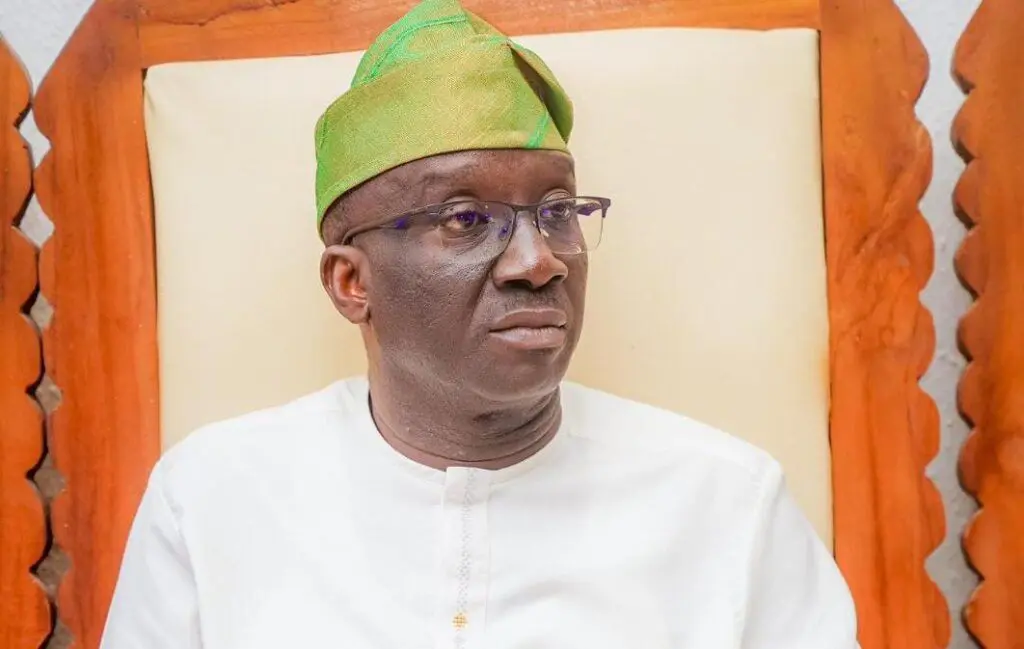The Nigerian House of Representatives has taken steps to address the ongoing disagreement between the Federal Government and the Academic Staff Union of Universities (ASUU) regarding the non-payment of eight months’ salary. The resolution came after the unanimous approval of a motion put forward by Paul Nnamchi, a representative from Enugu state, and co-sponsored by Aminu Jaji from Zamfara, Julius Ihonvbere from Edo, and Lilian Orogbu from Anambra.
During the session, Nnamchi emphasized the vital role played by university lecturers in the education system, as they provide knowledge, guidance, and mentorship to the future leaders of the nation. He highlighted the importance of maintaining a stable and motivated academic workforce for the development of educational institutions.
ASUU, a recognized body of academic professionals in Nigeria, is committed to the advancement of education and research within universities. However, in 2022, the union members embarked on an eight-month strike due to the Federal Government’s failure to honour previous agreements, resulting in financial hardships for dedicated lecturers who participated in the strike.
Nnamchi drew attention to Section 17 of the Nigerian Constitution, which states that government actions should be humane and founded on ideals of freedom, equality, and justice. He expressed concern over the financial difficulties faced by federal university lecturers, emphasizing the negative impact on students’ educational experiences and overall well-being.
The non-payment of salaries can have adverse effects on lecturers’ morale, job satisfaction, and teaching effectiveness, ultimately affecting the quality of education provided to students. The educational success and prospects of students are intricately linked to the financial security and dedication of their teachers.
Recognizing the crucial need to resolve this issue for the stability and excellence of universities, the welfare of educators, and the nation’s economy, the Speaker of the House, Tajudeen Abbas, directed the Committees on University Education, Finance, Appropriations, Labour and Productivity, and Legislative Compliance to engage in discussions with ASUU and the Federal Government.
These committees have been charged with resolving the outstanding eight months’ salary issue, considering the “no work, no pay” policy, and reporting back within two weeks for further legislative actions.
By taking this proactive step, the House of Representatives is demonstrating its commitment to finding a resolution that will benefit both the lecturers and the higher education system in Nigeria.
NAN



